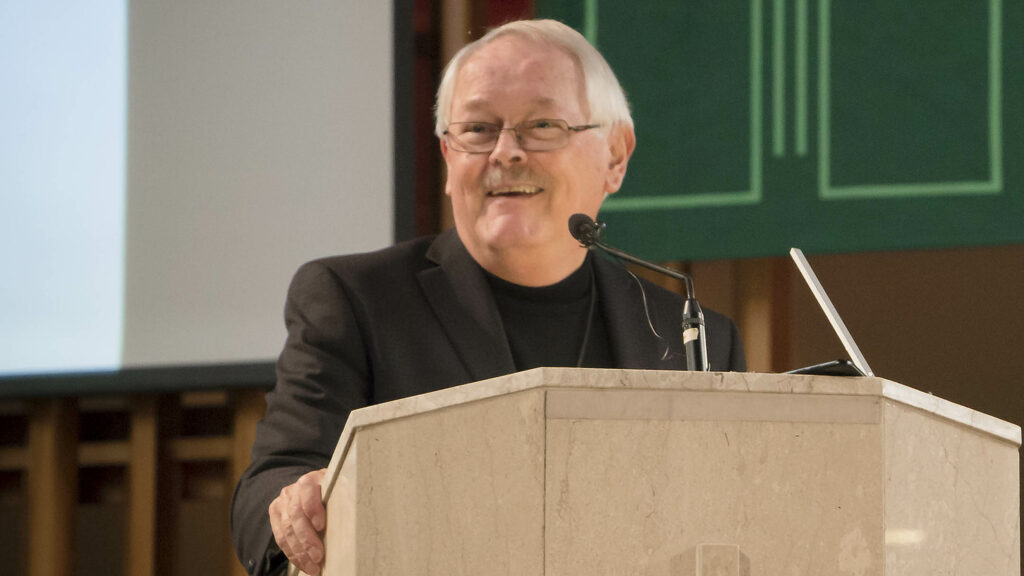I could never be a literary critic, not because I can’t tell good literature from bad, but because I lack the hard edge. If I dislike a book, I hesitate to say so. Conversely, if I like a book, I tend to be more its cheerleader than its critical assessor. Be that as it may, I want to strongly endorse Ashlee Eiland’s new book, Human(Kind) – How Reclaiming Human Worth and Embracing Radical Kindness Will Bring Us Back Together.
This is not some sentimental, feel good book on how we need to be kind to each other. It’s more like a Sermon on the Mount for our time, or at least how we might work towards living the Sermon on the Mount. How do we remain soulful, warm, and human inside all the things that tend to unhealthily either inflate or embitter our hearts? Here’s how she describes her book.
“This is my story – a story of a black woman who grew up in the South and who discovered some wholeness and some holes along the way. As I looked back over my life, there were moments I remembered so vividly. Upon reflection, they were vivid because they mattered. They marked me in both beautiful and painful ways. But as I sat with these moments and memories, I realized they mattered because they taught me to be kind to my own worthy self. Recalling them helped me acknowledge the good gifts I’ve been given, the gifts I now hope to give to others, and enabled me to see the painful and hard moments as opportunities to be more fully human, to remind myself to receive grace where there’s been grievance.”
The book is a series of stories from her life, all of them told by a gifted storyteller and all of them written with an aesthetics that never sinks into sentimentality or self-pity. And they are stories both of being graced and being wounded. Eiland’s life has been one of contrasts.
On the one hand, her life has been one of privilege – loving parents, the opportunity for a first-rate education, never economically desperate, and always with a supportive family and community around her. On the other hand, she has lived as a black woman inside a world of injustice and inequality. She has had to live as one who must forever be conscious of the color of her skin, who every time she walks into a room needs to look around to see how many others like her are in the room. She also had to endure the ultimate racial slur being shouted in her face. And so, as she says, she has been deeply scarred both in beautiful and painful ways.
For example, one of her stories recounts an incident in which she went out to a restaurant with some Asian friends for a Korean specialty of pork dumplings. The evening went well and driving back from the restaurant and laughing with each other in the car, she felt a life-long weight lift from her.
“For the first time, I didn’t feel as if I had to qualify the conversation with a reminder to my friends – or to myself – of my actual race. … Before that day, I felt I had to tiptoe out of one world into another. But that kind of posture, I realized, is laced with shame. It allows the ‘not fully enough’ narrative to run rampant, terrorizing what is oftentimes the best part about sharing our lives with one another.”
We need her narrative. We live in a time of bitterness and division, when civil discourse and respect have broken down, where we demonize each other, where injustice, inequality, and racism still define us more than their opposites, and where kindness is often seen as a weakness. Moreover, there is an ever-intensifying hypersensitivity where even a well-intended word is a potential landmine. Paranoia has replaced metanoia, bringing out the worst in us.
Ashlee Eiland gives us a formula for bringing out what is best in us. How do we react to injustice, offense, and demonization? For example, here is how she reacted after trying to be good to someone and being repaid for her effort by the ultimate racial taunt being hurled in her face:
“Humiliated, I went about my day, doing as much good as I could for an afternoon … but knowing that sometimes even doing good is not enough. Sometimes we just have to sit with what’s hard and humiliating about the difficult work of unity and do our best not to let it kill us. Instead, we need to let it shape us in some other way that sobers us up and forces us to take off our rose-colored glasses, to admit that sometimes moving closer and trying to do good and closing the gaps between us and others doesn’t work out the way we want. But maybe it’s worth showing up anyway.”
Lacking the critical edge, I’m not always sure of what constitutes “soul music”, but I can still recognize “soul literature”.

